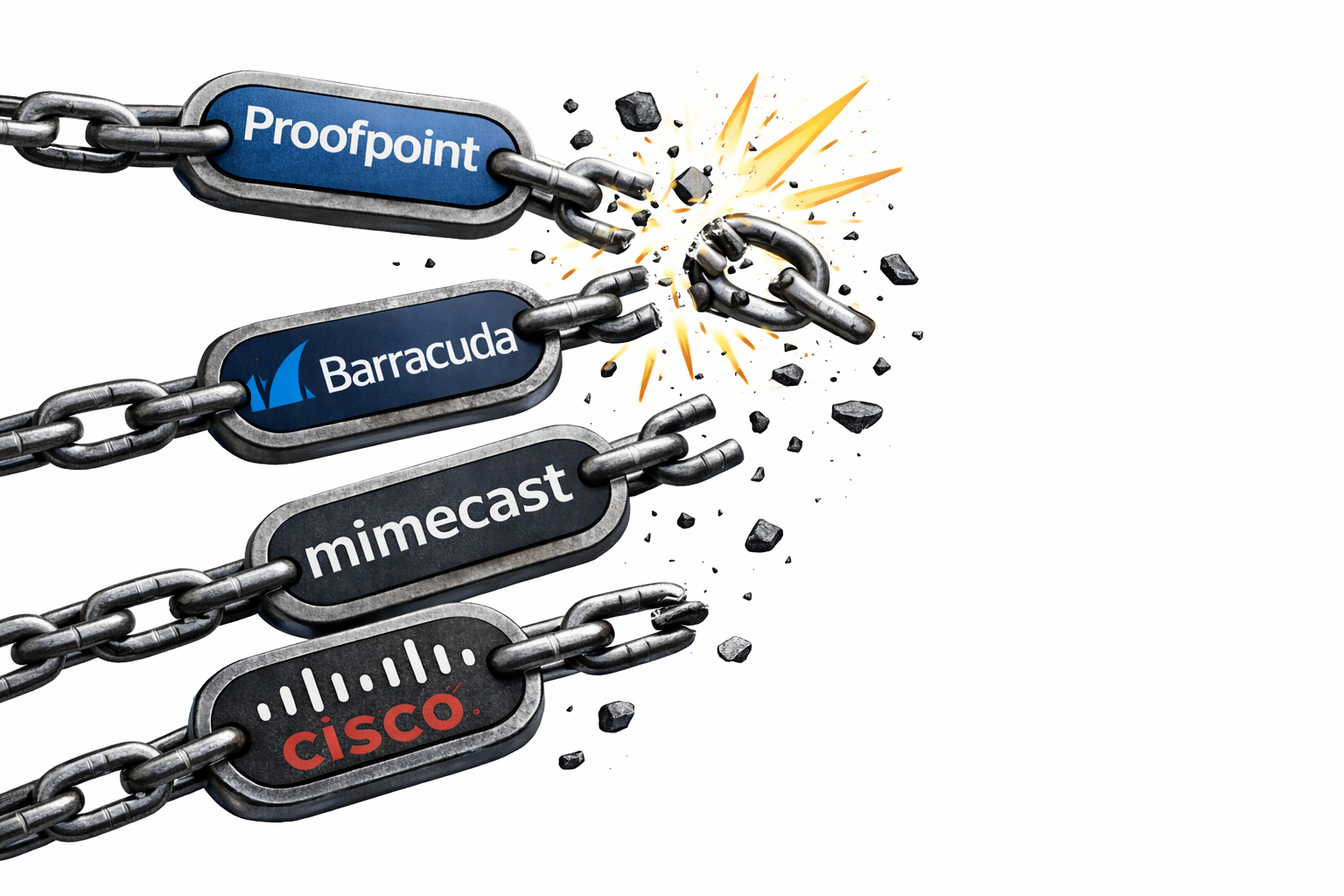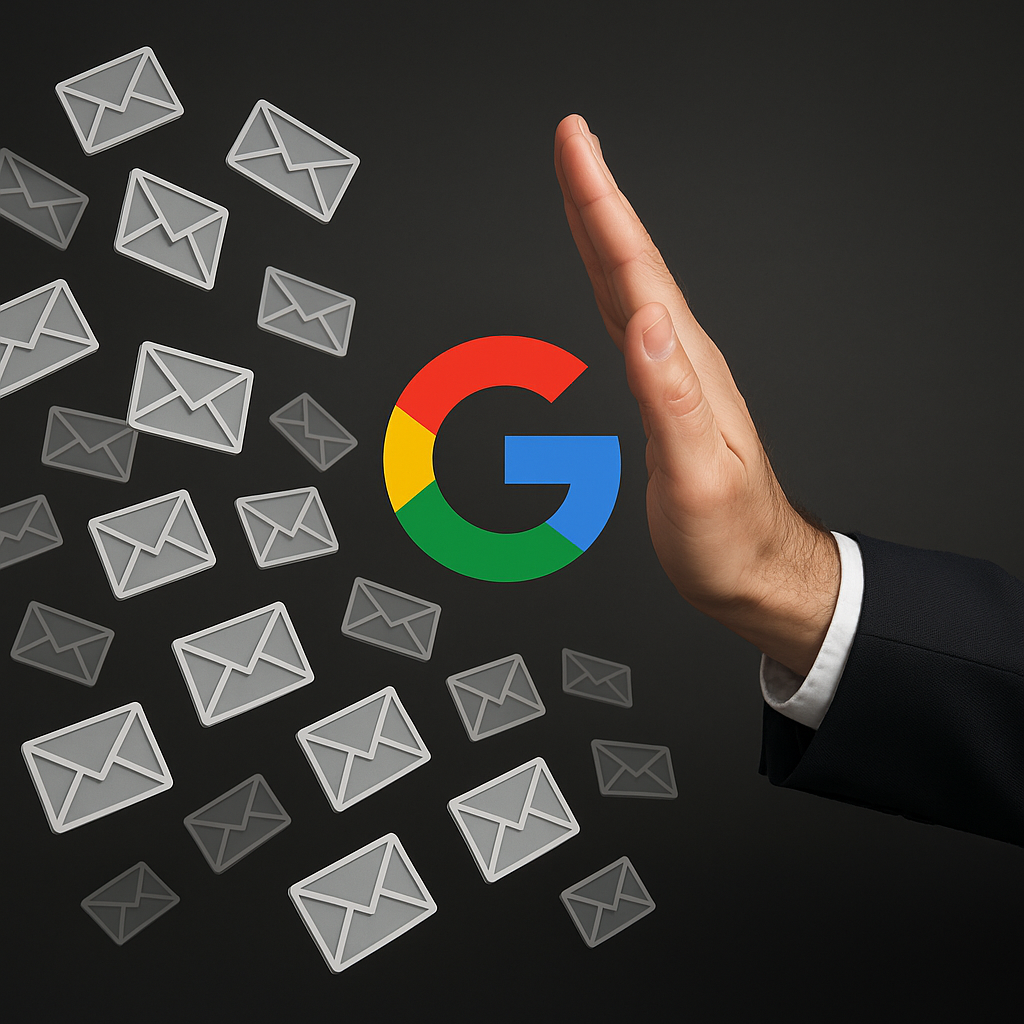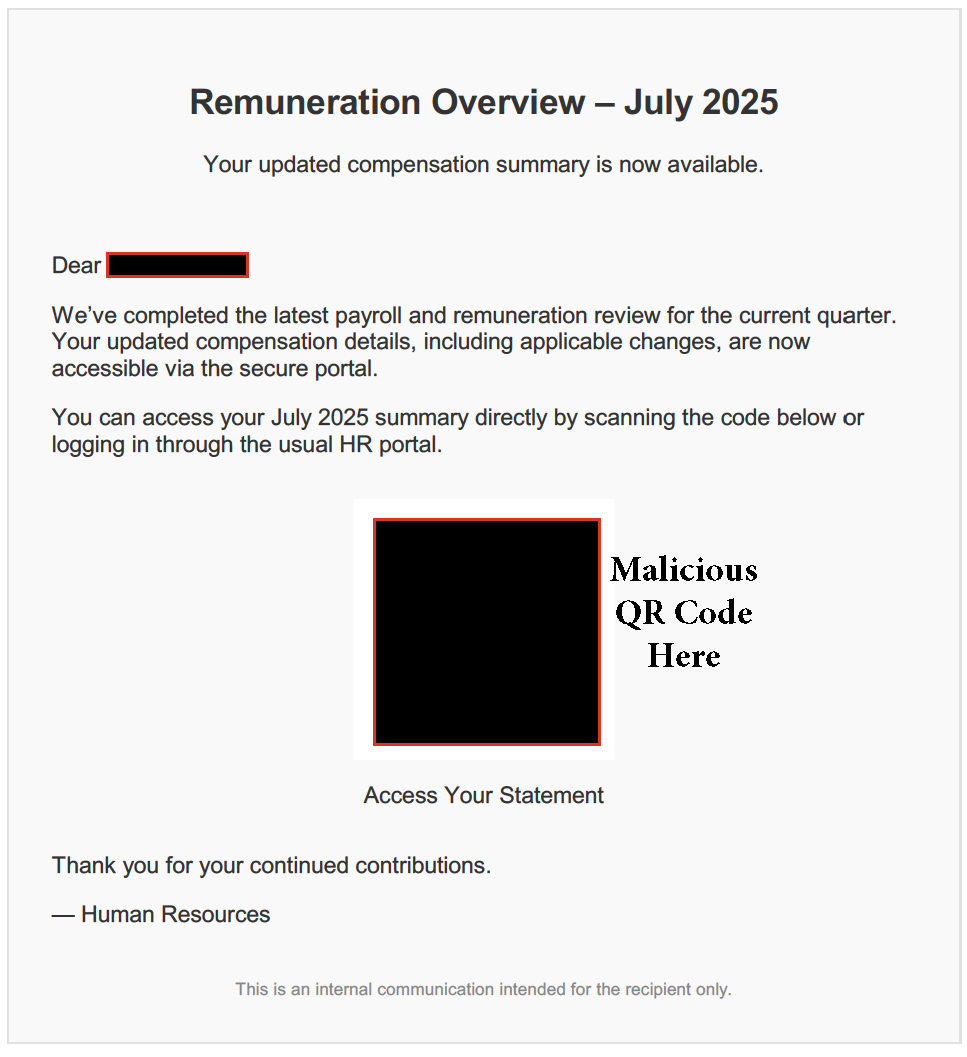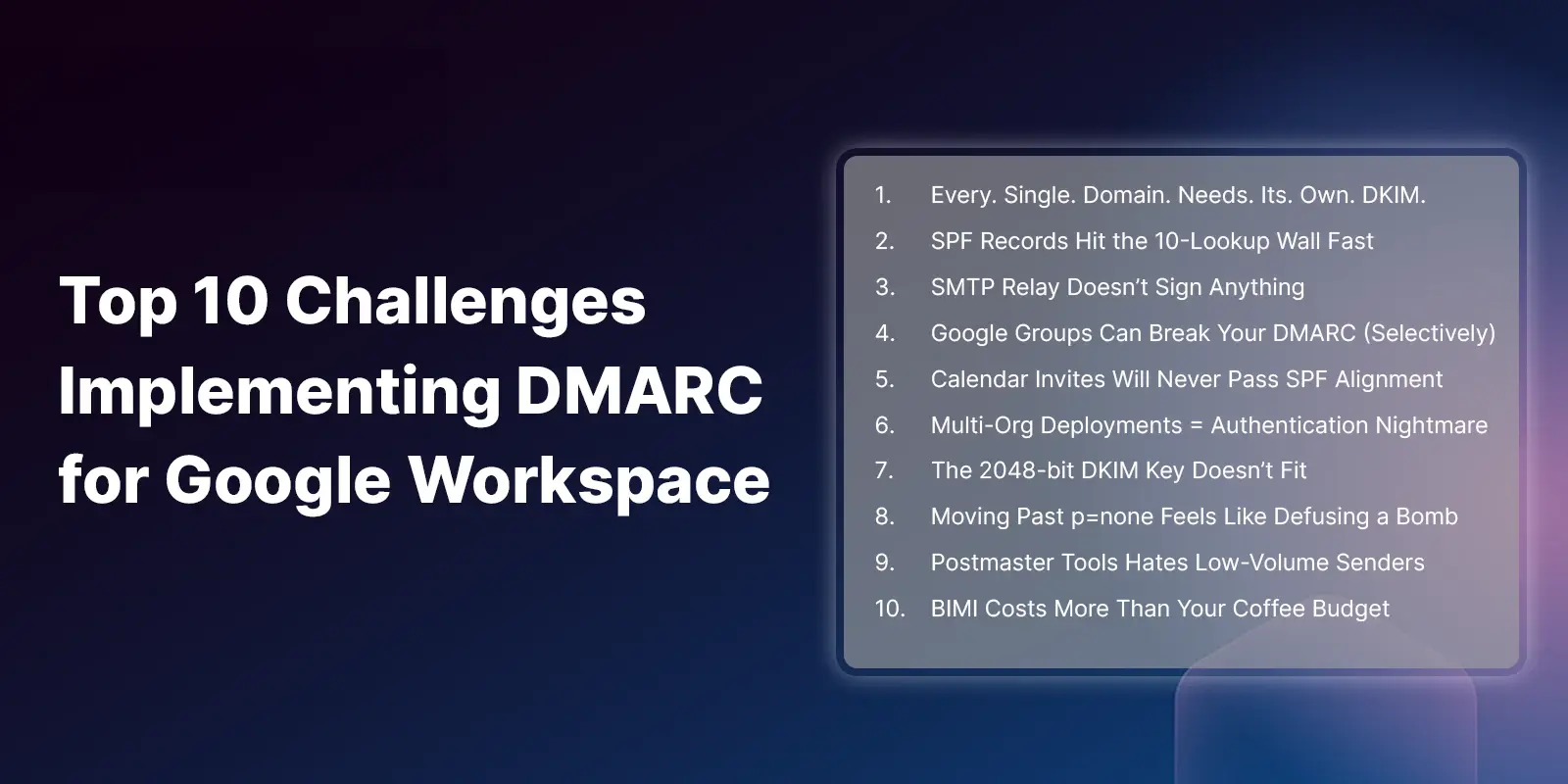Table of Contents
Microsoft has recently announced a key update to its DMARC (Domain-based Message Authentication, Reporting & Conformance) policy for high-volume senders. This policy, which is already being enforced as of May 5, 2025—three days ago at the time of this blog’s publication—aims to enhance email security and reduce the impact of phishing and spoofing attacks for its outlook.com users. Understanding this shift is imperative for any organization that relies heavily on email for customer communication, marketing, and operations.
Timeline for DMARC Policy Enforcement
Microsoft's updated DMARC policy follows a series of incremental steps to improve email authentication, including a significant move in October 2023, when it first enforced more stringent DMARC handling for select email flows. The key milestones in this evolution, so far, include:
- October 2023 - Microsoft began enforcing stricter DMARC handling for high-risk emails, requiring full DMARC compliance for messages to be delivered reliably. This involved rejecting messages that failed SPF or DKIM checks without an aligned DMARC policy.
- May 5, 2025 - Microsoft will reject emails that fail the required DMARC authentication checks with the error message "550; 5.7.515 Access denied, sending domain [SendingDomain] does not meet the required authentication level." This new outright rejection enforcement marks a key shift for the provider, aiming to remove confusion about why messages land in the junk folder and ensure only authenticated messages reach recipients.
Microsoft’s latest mandates don’t just stop at DMARC. The email host goes on to discuss a new maximum spam complaint rate of 0.3%, and heightened enforcement of an easily visible one-click unsubscribe button. The company is very clearly making a concerted effort to crack down on spam and spoofing to its users.
You might be asking yourself, “what’s the worst that could happen?” or “we’ve heard this before.” Perhaps, but keep in mind what’s at stake.
Consequences of Non-Compliance
Failing to align with these new requirements can have detrimental operational and reputational consequences:
- Higher Bounce Rates: Non-compliant emails will be outright rejected, potentially leading to severe message loss and business disruption if not addressed in a timely manner.
- Brand Reputation Damage: Inability to authenticate emails can result in increased phishing and spoofing, damaging customer trust.
- Reduced Deliverability: Legitimate messages may be flagged as spam or rejected entirely, reducing the effectiveness of marketing, partner relations, and customer outreach.
- Regulatory and Financial Risks: As regulations tighten globally, organizations without strong DMARC enforcement risk non-compliance and potential fines.
A Broader Industry Shift Towards Email Authentication
Microsoft's initiative is part of a larger industry trend emphasizing the importance of email authentication. Earlier, in February 2024, both Google and Yahoo implemented new requirements for bulk email senders. These similar mass-send mandates require senders dispatching more than 5,000 emails daily to authenticate their domains using SPF, DKIM, and DMARC protocols. The goal being, once again, to reduce spam, phishing, and other malicious email activities by ensuring that emails are properly authenticated before reaching recipients.
Regulatory bodies worldwide are tightening their standards for email authentication, recognizing the critical role it plays in data security and fraud prevention. For example, financial services organizations have faced pressures under the Payment Card Industry Data Security Standard (PCI DSS), which requires strong authentication and encryption for all communications involving cardholder data. Non-compliance can lead to severe penalties—fines, increased transaction fees, and potential loss of the ability to process credit card payments—which has driven financial institutions to adopt DMARC aggressively.
IRONSCALES Simplifies DMARC Management
Adopting and maintaining a strong, consistent DMARC policy can be technically challenging, particularly for organizations managing multiple domains or complex email flows. This is where IRONSCALES shines, offering a comprehensive, automated DMARC management solution designed to reduce complexity and improve security:
- Improve Email Deliverability – Stay compliant with the latest mandates (like the one above) and regulatory shifts. Stay under the 10 DNS lookup limit by consolidating complex DNS SPF records into a single, simplified record.
- Streamlined Setup and Management – Automates SPF, DKIM, and DMARC setup to eliminate manual configuration errors.
- Real-Time Visibility and Control – Provides granular insights into email traffic, including per-sender, per-domain, and per-result reporting, with real-time alerts for email authentication issues to enable precise policy tuning and rapid threat response.
- Advanced Threat Intelligence – Combines AI and machine learning to identify and block potentially harmful emails before they reach the inbox, leveraging global threat intelligence to keep pace with evolving attack tactics.
- Fast, Frictionless Onboarding – Simplifies deployment with 1-click onboarding, reducing TTV for new customers and MSP partners, making it easier to secure your email ecosystem quickly.
- Comprehensive Protection Beyond DMARC – Unlike standalone DMARC solutions, IRONSCALES integrates inbound and outbound email security, providing a holistic approach to email authentication, brand protection, and compliance with evolving standards.
Preparing for 2025 and Beyond
With DMARC adoption doubling in 2023 alone and the market tightening this control, businesses cannot afford to ignore this security standard any longer. As Microsoft and other major email providers continue heightening their policies, having a proactive DMARC strategy in place is essential for maintaining deliverability, protecting brand reputation, and mitigating your risk.
If you’re seeking to secure your domains and streamline your DMARC journey, IRONSCALES offers the right blend of automation, intelligence, and ease of use to stay ahead of the curve.
Learn more about our DMARC Solution or book time with our team to learn more about how our solutions can help you stay ahead of the compliance and regulatory curveballs.
Explore More Articles
Say goodbye to Phishing, BEC, and QR code attacks. Our Adaptive AI automatically learns and evolves to keep your employees safe from email attacks.

/Concentrix%20Case%20Study.webp?width=568&height=326&name=Concentrix%20Case%20Study.webp)








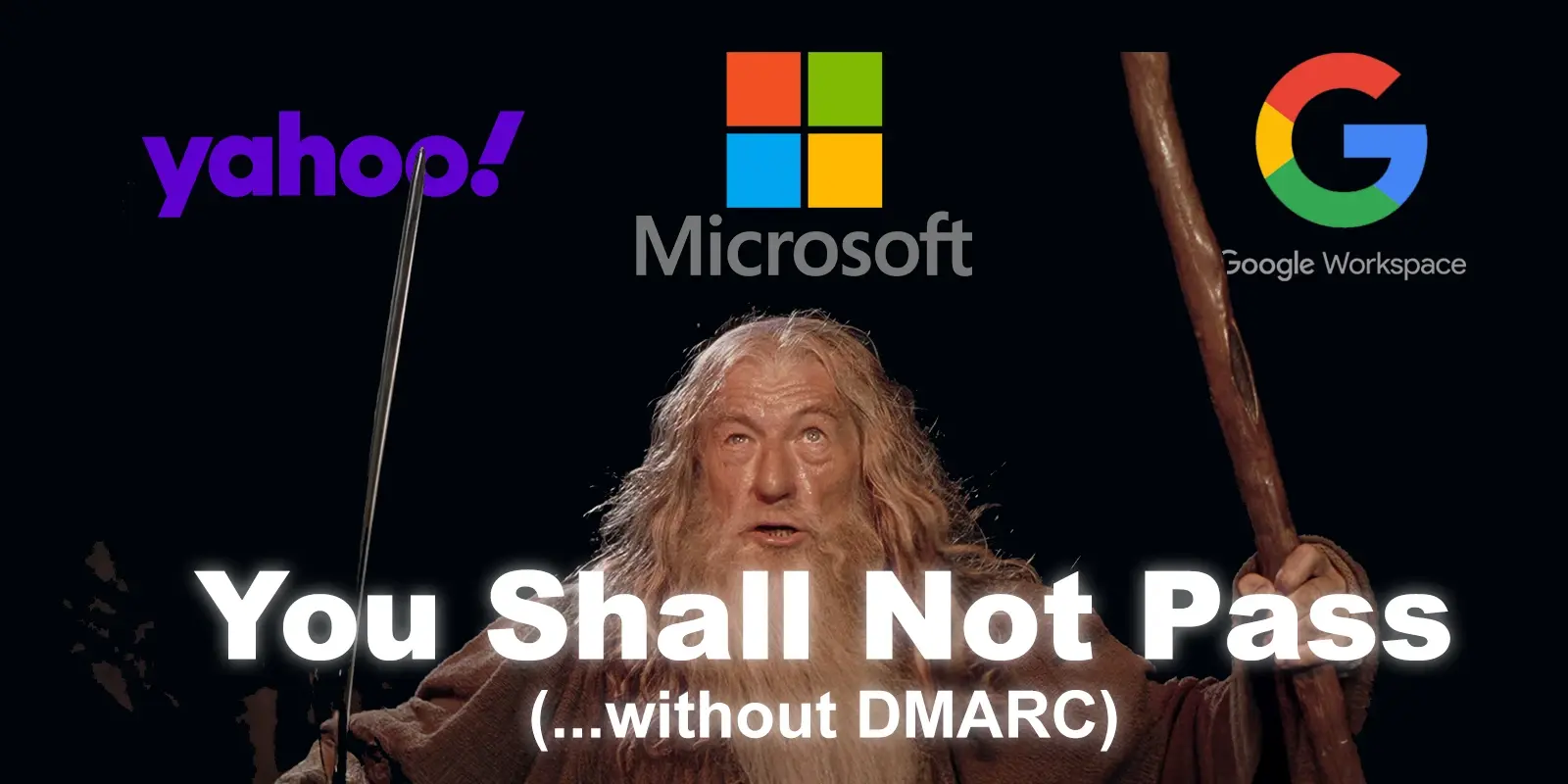
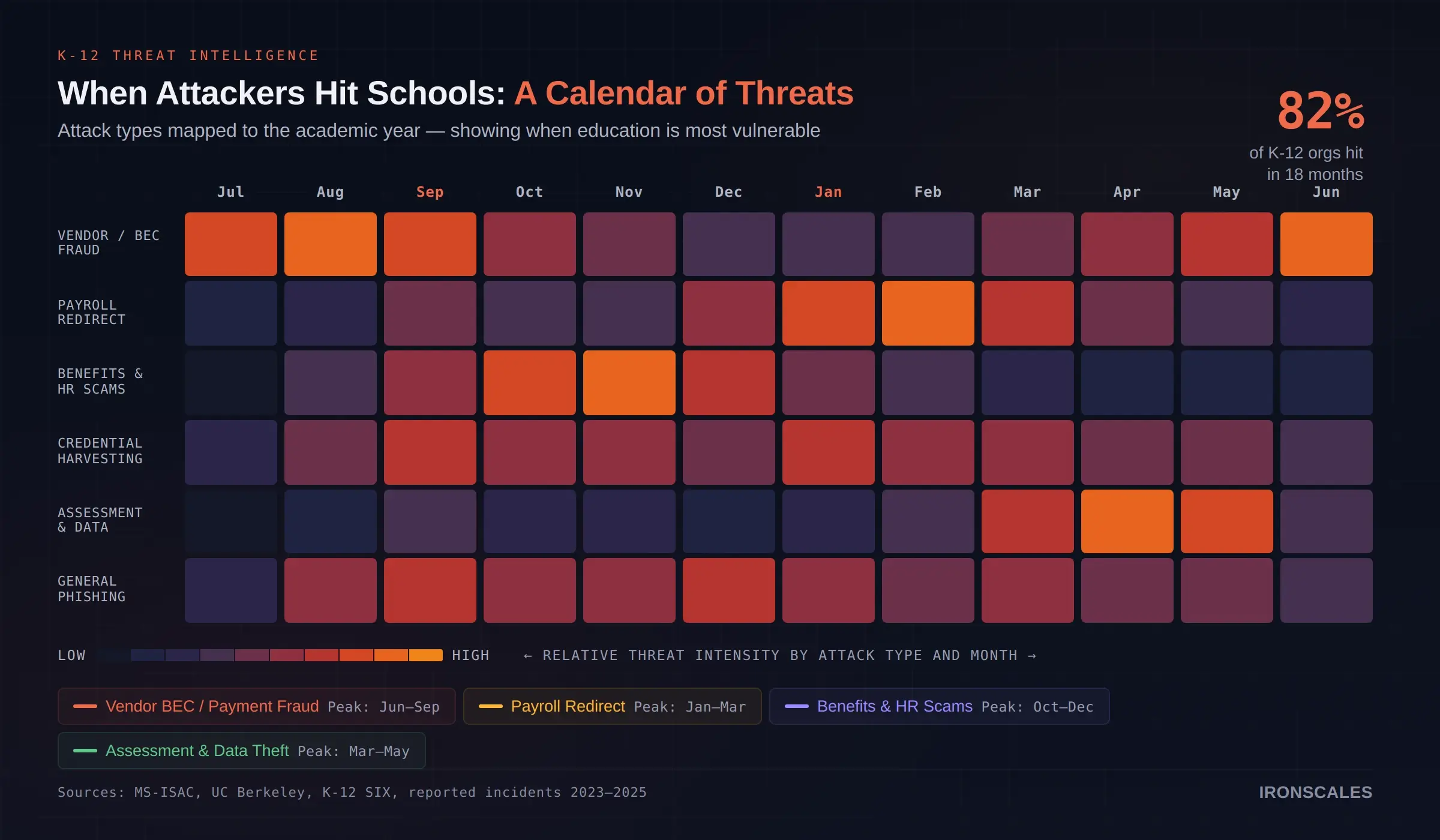
.webp?width=100&height=100&name=PXL_20220517_081122781%20(1).webp)
